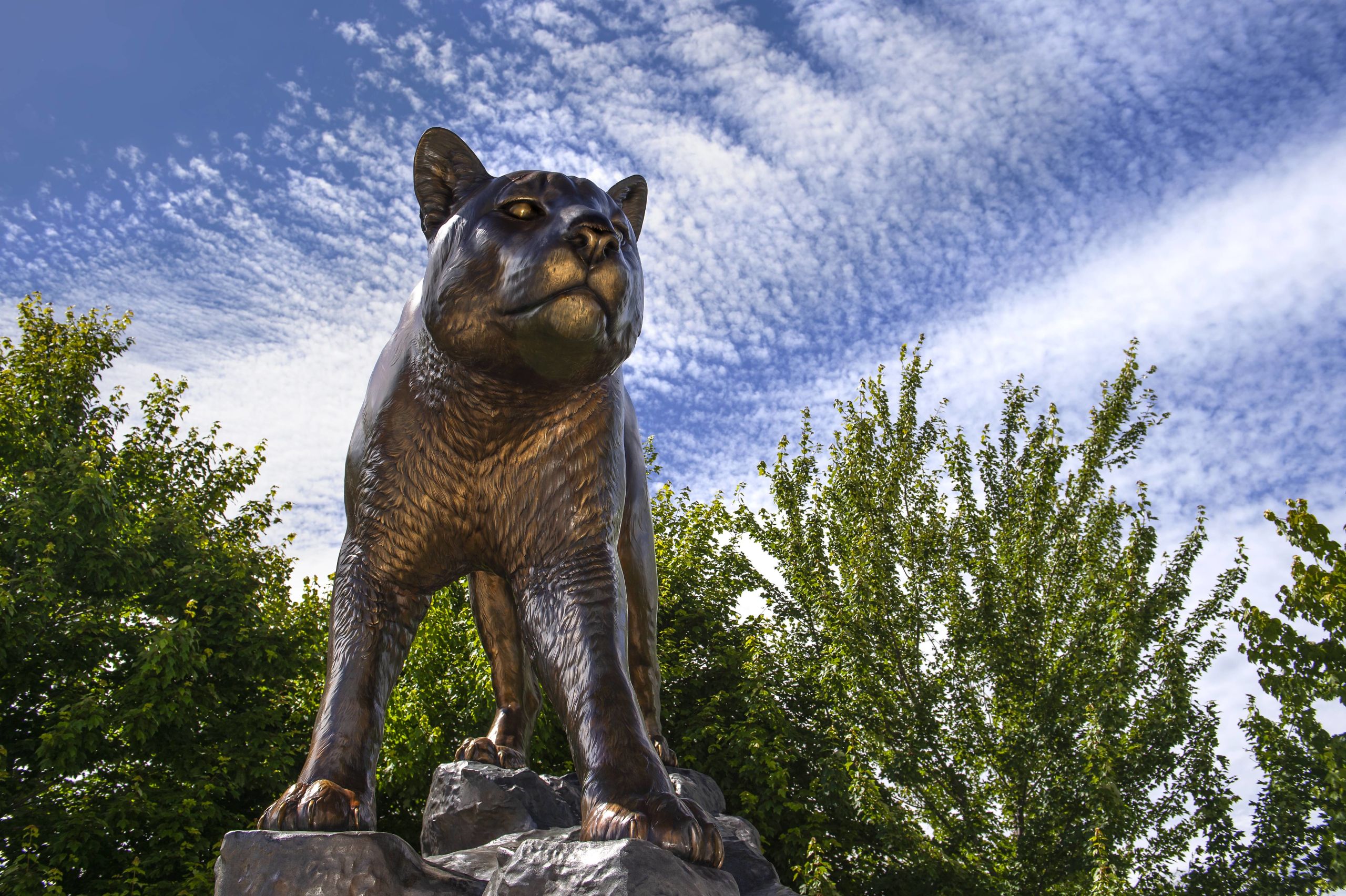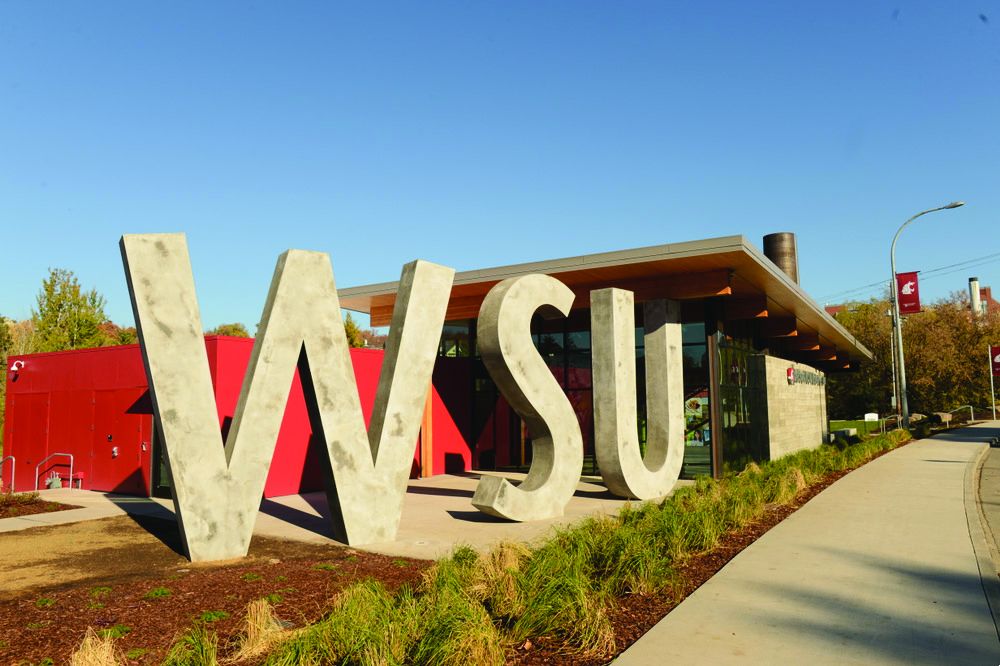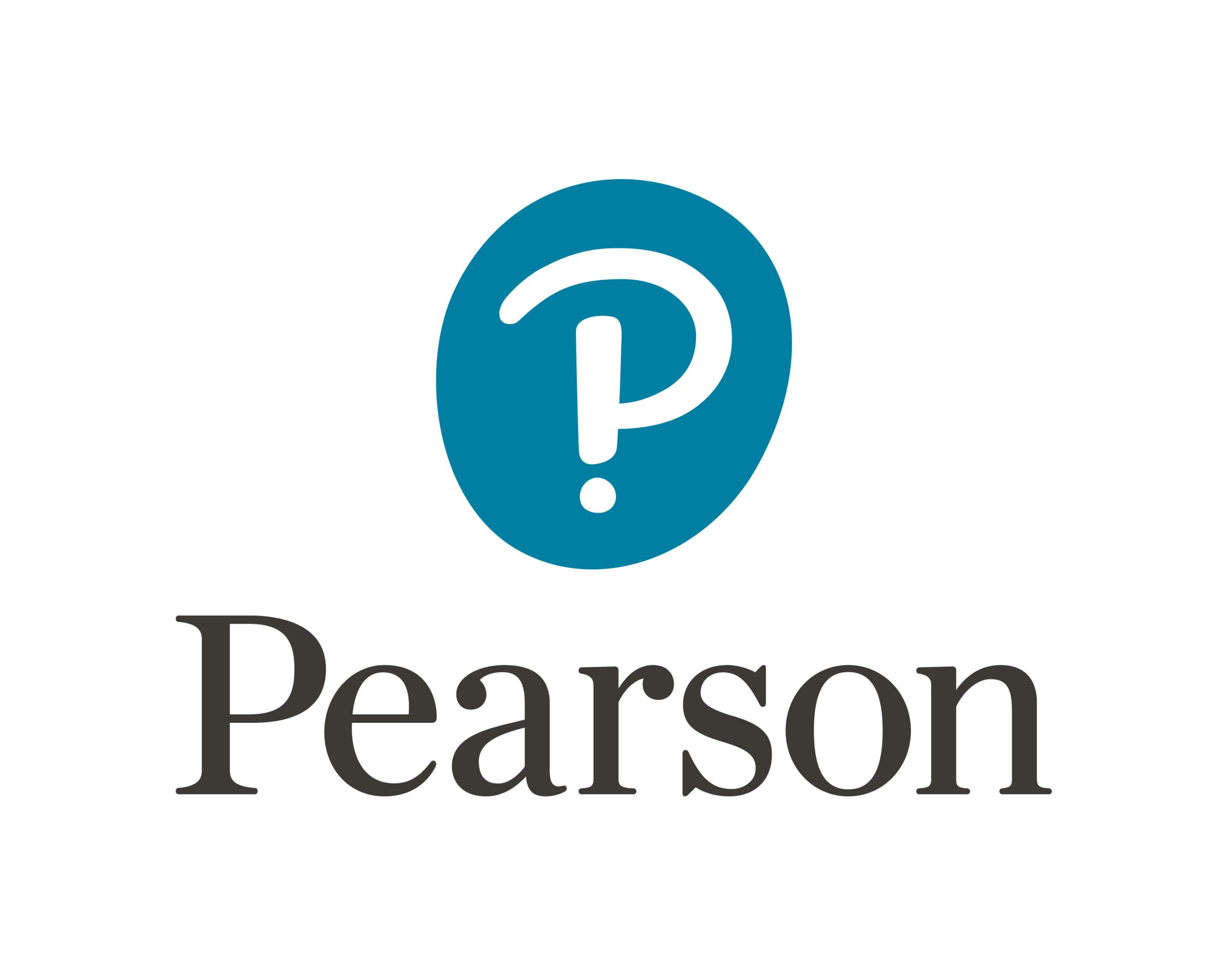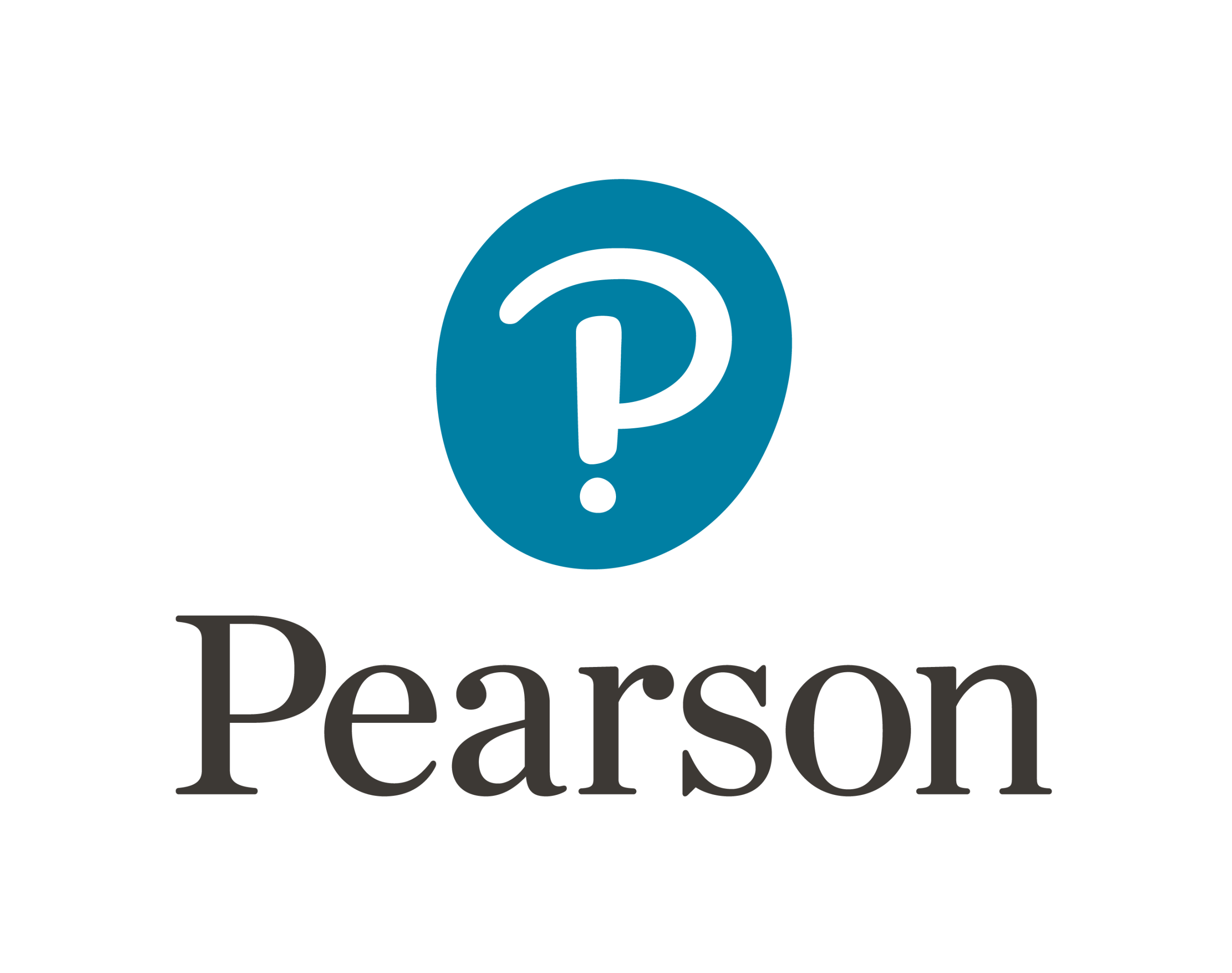Washington State University's Successful Online MBA Program Defies National Enrollment Trends
Pearson Provides Expert Online Support

Enrollment in M.B.A. programs is declining nationwide. But the degree itself is not losing value — quite the contrary. A fact buried in the Application Trends Survey Report 2019, from the Graduate Management Admission Council, makes that clear: “More than 90 percent of Fortune Global 100 and 500 companies plan to hire M.B.A. talent this year, and, adjusted for inflation, the median annual base starting salary for M.B.A. talent at U.S. companies is currently the highest on record.”
So what accounts for the decline in enrollment? Maybe demand isn’t shrinking. Maybe it just isn’t being met in ways that respond to prospective students’ pain points, like cost and schedule flexibility. That would help to explain why Washington State University’s Carson College of Business is bucking the trend with steady growth in its online M.B.A. and Executive M.B.A. programs supported by Pearson’s Online Learning Services.
The Carson College of Business has a presence on all five of Washington State University’s campuses. The administration for the M.B.A. is located in Pullman, in a vast region of gently rolling hills and wheat fields called The Palouse. Like many scenic areas, it’s remote; the nearest city, Spokane, is about 70 miles away.
“We’re in a state with a dynamic economy,” says Chip Hunter, Dean of the Carson College of Business, citing industry giants like Amazon, Microsoft, and Boeing, as well as Washington’s historically strong agriculture sector. “But we’re not near most of it. And a lot of folks just can’t quit their jobs and relocate to get their M.B.A. We aspire to be a model program for land-grant universities, and we have shown that we don’t need to bring people to one of our campuses to do that.”
Since its launch in 2008, the program has expanded to include four concentrations and is tied for #18 (which is in the top 5 percent nationally) in U.S. News & World Report’s Best Online M.B.A. Programs rankings — and #13 in Best Online M.B.A. Programs for Veterans. More than 1,000 students are enrolled.
Success was far from assured at the start. The recession that began that year took a toll on the overall health of the college. Partnering with Pearson offered long-term, significant upfront investments, and provided comprehensive services and strategic counsel. Pearson was able to come alongside the college with a wide range of skill sets to serve the varied needs of students, faculty, and the institution.

“Pearson also helped us understand search-engine optimization, marketing our brand, and how to help students understand the value proposition of our degree,” says Cheryl Oliver, Associate Dean of Professional Programs.
The backend of Pearson’s platform also provides data to help staff identify students who might be struggling so they can reach out to them. Retention efforts like these are among the reasons that the program maintains a three-year completion rate of 76 percent. With Pearson providing so much support, Carson’s staff members can focus on the developing academics, which they own.
“Our faculty are asked to do so much — to teach, to do research, to serve on committees,”Oliver explains. “And students want to feel connected. So if our faculty have to worry about the technology in addition to the academic delivery, it makes it really difficult to provide support and engage with students.”
Like the overlapping but distinct technological components, successful marketing in a crowded field (more than 30 new online M.B.A. programs were launched in the past year alone) requires sustained efforts on several fronts: branding, SEO, paid search advertising, lead generation and recruitment. Each of these create data that must be gathered, integrated, and interpreted correctly to ensure the most effective deployment of limited resources.

Finally, the strongest academics and most compelling marketing are ineffective if the delivery of services is deficient. From a prospective student’s first visit to the website, the entire process is fraught with opportunities for “transactional friction,” as Oliver puts it. “I joke that it’s easier to apply for a mortgage or pay your taxes online than to get into a graduate school, but it shouldn’t be that way” she says. If the online inquiry and application processes are not smooth, if help is not available quickly, if questions go unanswered, potential applicants may look elsewhere. If enrolled students find the platform unwieldy, if they feel too far removed from instructors or the larger learning community, they may not continue.”
“Collaboration is the key ingredient,” says Scott Lavit, Pearson’s partnership director. “Transformative student experience doesn’t happen by itself. We survey students, and we work with Washington State to use that feedback to determine how to improve services and grow the program. All institutions that intend to succeed online must be prepared to scale their programs.”
In 2018-19, Carson College of Business put together a task force of faculty and administrators to assess the suite of online M.B.A. offerings. The team recommended some changes to the curriculum, investments in career development for students and technology, and more opportunities for students to engage with faculty. Because of their ongoing success, the school was able to implement many of the recommendations in fall of 2019.
“Because we can scale, we aren’t limiting the number of seats or trying to exclude people who are willing and able to succeed academically from the program,” Oliver adds. “Some schools are trying to hold onto their reputation for exclusivity, but I don’t think that’s in vogue in today’s world. Some of the future thinkers in this industry are saying people may end up getting multiple master’s degrees and may continue learning and changing their careers far into the future compared to previous generations. We’ll be ready for them.”



